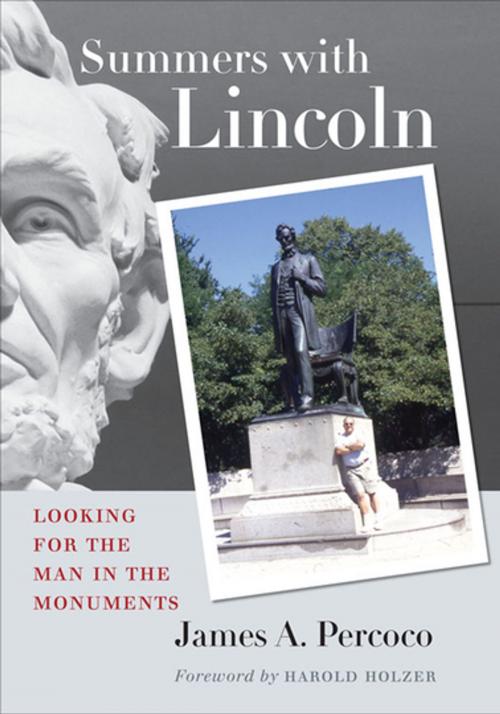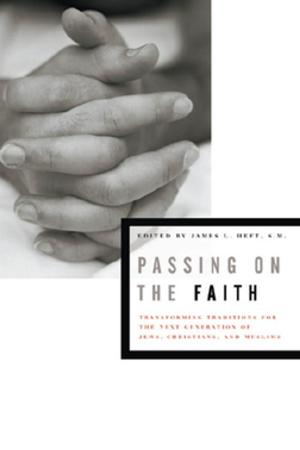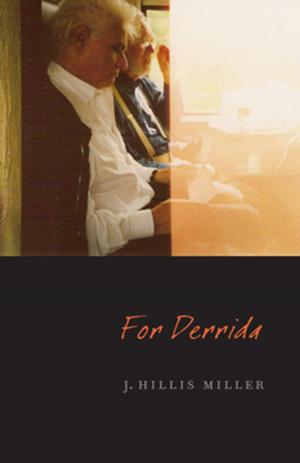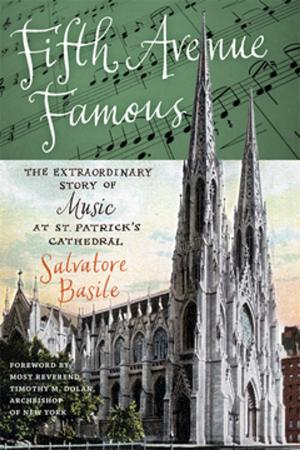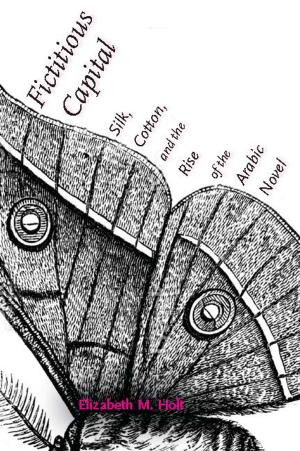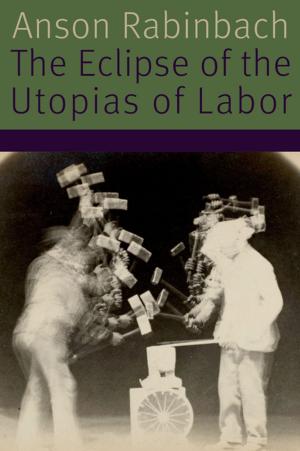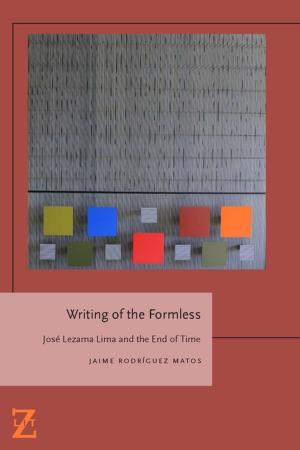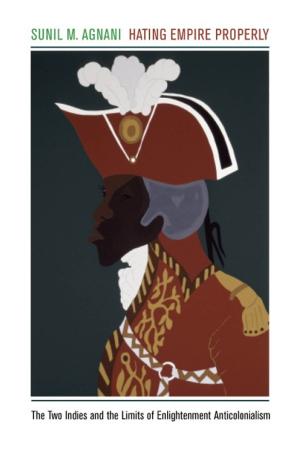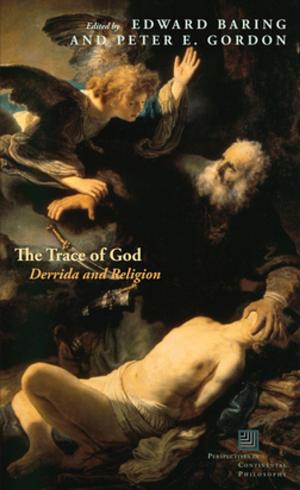Summers with Lincoln
Looking for the Man in the Monuments
Nonfiction, Art & Architecture, Art Technique, Sculpture, History, Americas, United States, Civil War Period (1850-1877)| Author: | James A. Percoco | ISBN: | 9780823228973 |
| Publisher: | Fordham University Press | Publication: | August 25, 2009 |
| Imprint: | Fordham University Press | Language: | English |
| Author: | James A. Percoco |
| ISBN: | 9780823228973 |
| Publisher: | Fordham University Press |
| Publication: | August 25, 2009 |
| Imprint: | Fordham University Press |
| Language: | English |
A journey across America revealing “the history of how seven of these monuments came to be . . . and what they mean to us today” (The Washington Times).
Across the country, in the middle of busy city squares and hidden on quiet streets, there are nearly two hundred statues erected in memory of Abraham Lincoln. No other American has ever been so widely commemorated.
A few years ago, Jim Percoco, a history teacher with a passion for both Lincoln and public sculpture, set off to see what he might learn about some of these monuments—what they meant to their creators and to the public when they were unveiled, and what they mean to us today. The result is a fascinating chronicle of four summers on the road looking for Lincoln stories in statues of marble and bronze.
Percoco selects seven emblematic works, among them Thomas Ball’s Emancipation Group, erected east of the Capitol in 1876 with private funds from African Americans and dedicated by Frederick Douglass; Augustus Saint-Gaudens’s majestic Standing Lincoln of 1887 in Chicago; Paul Manship’s 1932 Lincoln the Hoosier Youth, in Fort Wayne, Indiana; and Gutzon Borglum’s 1911 Seated Lincoln, struggling with the pain of leadership, beckoning visitors to sit next to him on his metal bench in Newark, New Jersey.
At each stop, Percoco chronicles the history of the monument, spotlighting its artistic, social, political, and cultural origins. His descriptions draw fresh meaning from mute stone and cold metal—raising provocative questions not just about who Lincoln might have been, but about what we’ve wanted him to be in the monuments we’ve built.
A journey across America revealing “the history of how seven of these monuments came to be . . . and what they mean to us today” (The Washington Times).
Across the country, in the middle of busy city squares and hidden on quiet streets, there are nearly two hundred statues erected in memory of Abraham Lincoln. No other American has ever been so widely commemorated.
A few years ago, Jim Percoco, a history teacher with a passion for both Lincoln and public sculpture, set off to see what he might learn about some of these monuments—what they meant to their creators and to the public when they were unveiled, and what they mean to us today. The result is a fascinating chronicle of four summers on the road looking for Lincoln stories in statues of marble and bronze.
Percoco selects seven emblematic works, among them Thomas Ball’s Emancipation Group, erected east of the Capitol in 1876 with private funds from African Americans and dedicated by Frederick Douglass; Augustus Saint-Gaudens’s majestic Standing Lincoln of 1887 in Chicago; Paul Manship’s 1932 Lincoln the Hoosier Youth, in Fort Wayne, Indiana; and Gutzon Borglum’s 1911 Seated Lincoln, struggling with the pain of leadership, beckoning visitors to sit next to him on his metal bench in Newark, New Jersey.
At each stop, Percoco chronicles the history of the monument, spotlighting its artistic, social, political, and cultural origins. His descriptions draw fresh meaning from mute stone and cold metal—raising provocative questions not just about who Lincoln might have been, but about what we’ve wanted him to be in the monuments we’ve built.
